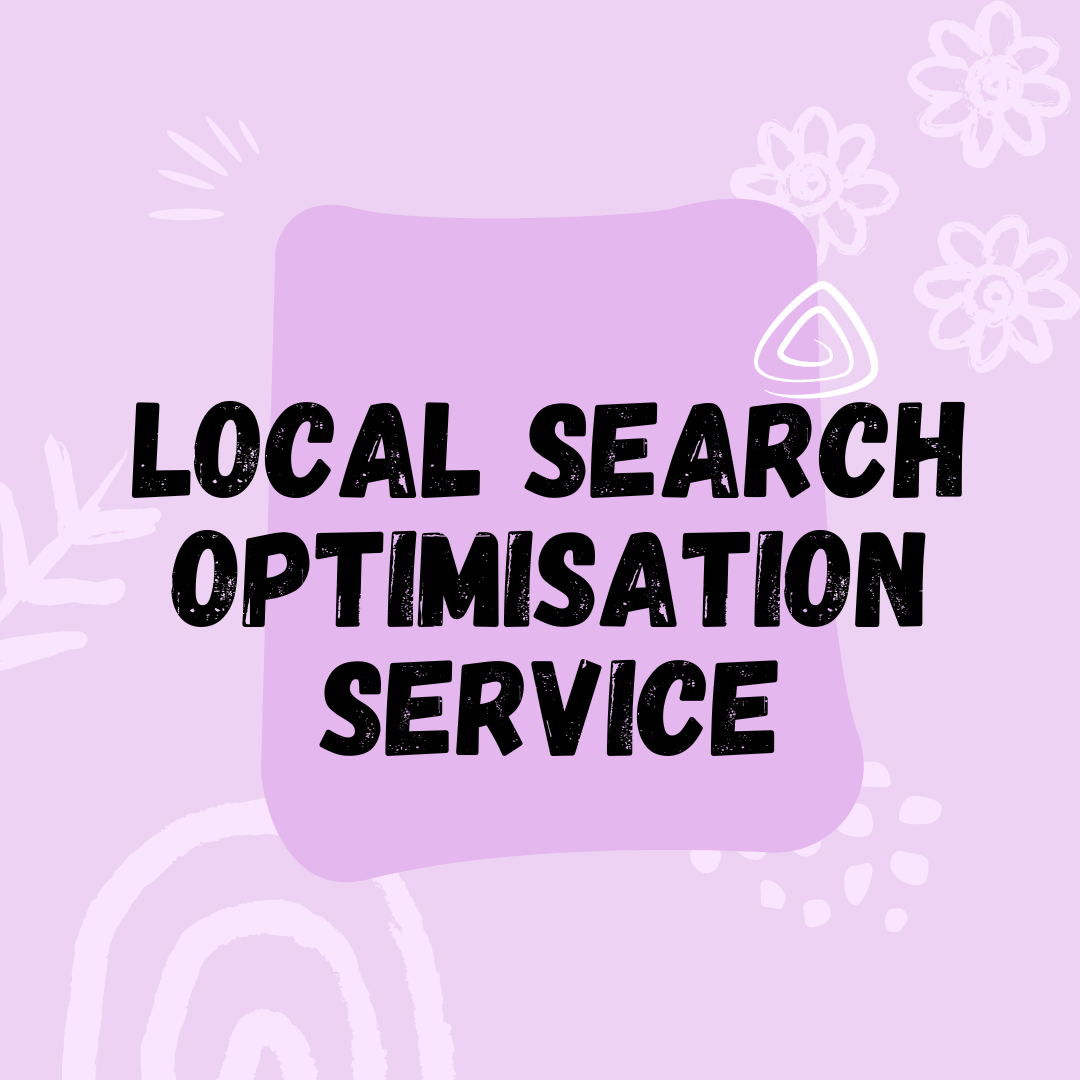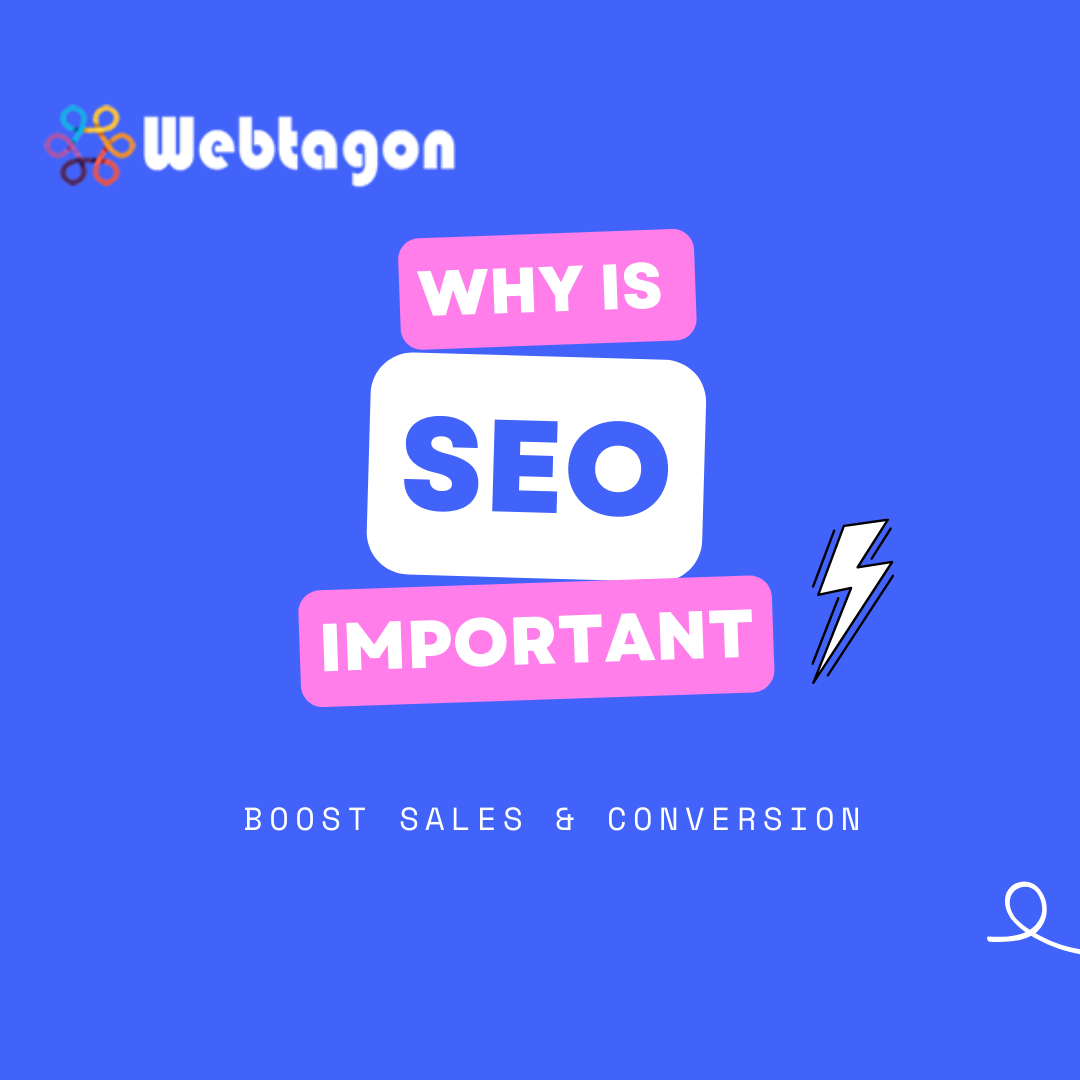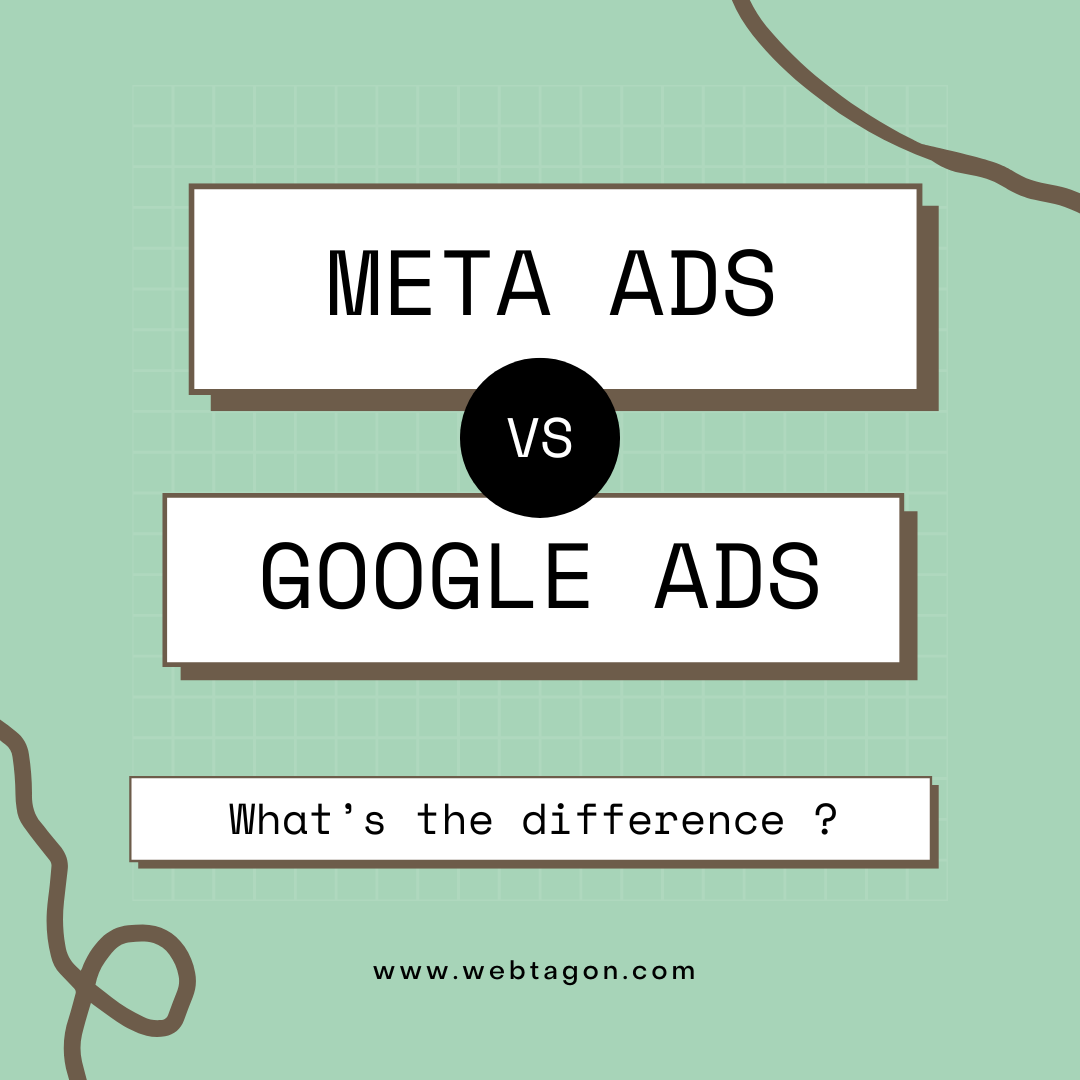The unpleasant truth is that, without effective optimization and marketing, even the most exceptional blog posts risk getting lost in the vast ocean of online content.
If you’re sure of the quality of your blogs but failing to attract visitors, it’s possible that your advertising strategy needs a boost. That’s where we come in – to help you build a winning blog promotion plan.
But first, let’s address the elephant in the room: how to promote your blog and how this benefits your business. Can they afford to ignore this useful marketing tool?”
Blogging for Business: Why Are Blogs Important?
Blogging for business can serve a variety of marketing goals. Here’s why adding a blog should be a core part of your website content plan.
Generate traffic to your website
Blogs are excellent for sharing helpful content with your target group and drawing new users. When people find your blog posts useful or interesting, they are more likely to remember your website or subscribe to your blog.
Generate leads and boost conversions
By creating blog posts that connect with your target audience, you are more likely to draw in individuals interested in your goods or services. These people can become leads, and with proper nurture, they may finally turn into buyers.
Build authority in your industry
Consistent writing helps you establish yourself as an industry leader. This not only draws new customers but also helps you build ties with other workers in your area.
Nurture your audience
Building a community takes time, but it’s a good effort. By building a blog that gives value, engages readers, and markets itself effectively, you can cultivate a loyal following.
Strengthen brand recognition
Blogging improves your business’s exposure and recognition. When you share useful and interesting posts, you create a good link with your brand in the minds of your target audience.
How to promote your blog and how this benefits your business
Writing blogs is an effective way to promote your business and pave the way for success. Here are some tips on how to promote your blog and how this benefits your business:
Promote your goods or services
Blogs provide an excellent stage to show the unique selling points and benefits of your goods or services. For instance, if you offer a new type of software that helps businesses save time and money, you could write a blog post describing how the software works and include case studies from clients who have experienced positive results.
Share news and updates
Your blog can also be a channel for sharing news and information about your business. This might include new hires or important company accomplishments.
For example, if you bring on a new operations manager, you could write a blog post about their background, experience, and future plans for the business. Additionally, sharing industry news important to your business can help place your company as an industry expert.
Educate your people
Use your blog to teach your audience about your business, goods, or services. This not only improves company recognition but also draws new customers.
For example, if you sell a product that helps people learn a new language, you could write a blog post about the benefits of learning a new language. You can also adapt blog material to appeal to different types of groups.
However, the benefits of writing for business mentioned above are only possible if you effectively promote your blogs. So, let’s review your blog marketing plan and approach in the following parts.
Blog Promotion Checklist: Are You Ready To Promote Your Blogs?
Before going fully into promoting your blog, it’s crucial to put the groundwork to ensure your content is ready for success. Here’s a plan to get your blog ready for the spotlight:
Technical Website Audit
Kickstart your planning with a thorough technical site audit. This ensures your website is fast and user-friendly, and all links work properly, providing a smooth experience for users.
Content Research
Invest time in studying your target group and their hobbies. Use this information to make material that is not only useful but also helpful and interesting for your viewers.
Content Optimization
Optimize your writing by carefully adding keywords. This improves your blog’s discoverability, allowing potential readers to find your content when looking for those words.
Building a Loyal Reader Base
Foster a group of loyal fans by pushing subscriptions and shares on social media. This helps spread your information further, increasing its reach.
Testing Social Media Buttons
Ensure your social media buttons are functional and easily available. This enables easy sharing of your content across various platforms, expanding your audience reach.
Utilizing Tracking Tools
Leverage tools like Google Analytics to monitor your blog. This information helps in understanding what connects with your audience, leading to future content creation.
Monitoring Your Reports in Google Analytics
Stay informed about the success of your blog promotion efforts by regularly watching reports in Google Analytics. This tool provides useful insights into user sources, search habits, and engagement measures, allowing you to fine-tune your strategies for the best results.
Active Promotion
Engage in proactive marketing strategies, such as email newsletters, social media posts, and partnerships with industry leaders. These efforts help increase your content’s reach and exposure.
Follow-Up Efforts
Continuously assess and change your blog growth tactics based on success data. This iterative method ensures your efforts stay effective and matched with your goals.
Competitor Research
Keep an eye on your rivals’ advertising methods to gain insights into winning strategies. This study can show gaps in your content and spark new ideas for your blog.
SEO Optimization
Ensure your blog content is SEO-optimized to increase organic traffic. Focus on topic study, on-page optimization, technical SEO, and getting quality backlinks to improve your online exposure.
Improving Social Media Integration
Integrate your social media accounts easily with your website to tap into the vast audience on these platforms. This includes confirming social media accounts, checking the availability of share buttons, and trying social sharing functions on mobile devices.
Blog Promotion Strategy: How to Promote Blogs for Increased Conversions
Enhancing your blog’s exposure and raising sales requires a planned approach to marketing. Here are seven useful tactics to add to your blog marketing strategy:
Repurpose Blog Content
Repurposing old blog content is a smart strategy to expand your reach and connect new groups.
Transforming blog posts into different versions like images, videos, or podcasts puts new life into your content, making it more shared across various platforms.
Invest in link-building
Link building plays a crucial role in increasing your blog’s influence and exposure online. By getting backlinks from reliable websites, you enhance your blog’s trustworthiness and improve its ranking on search engine results pages.
Explore chances for guest writing and active involvement in online groups to build useful links back to your blog.
Promote on Social Media
Harness the power of social media to increase your blog’s spread and connect with your audience successfully. Share your blog posts across different social media platforms, applying relevant hashtags to improve discoverability.
Also, utilize social media to run games or gifts, promoting energy and supporting audience involvement.
Invest in Paid Promotion
Accelerate your blog’s exposure by engaging in paid advertising options such as social media ads and pay-per-click programs.
Paid promotions allow you to reach a bigger audience quickly, driving traffic to your blog. Ensure to watch and examine the performance of your ads to improve results effectively.
Take Advantage of Email Marketing
Utilize email marketing as a powerful tool for developing leads and pushing your blog content.
Build an email list by giving rewards like free eBooks or exclusive deals, then regularly engage readers with updates and new blog posts. Incorporate email opt-in forms on your blog and website to grow your user base.
Post Articles Regularly
Consistency is key to keeping fan interest and driving traffic to your blog. Regularly releasing fresh material shows your dedication to giving useful insights to your community.
Promote new pieces across social media and email outlets to increase exposure and involvement.
Reach Out to Influencers
Collaborating with influencers offers a strong chance to spread your blog’s reach and meet with a relevant audience.
Identify leaders within your field using tools like BuzzSumo or FollowerWonk, and engage them to share your blog posts with those who support them.
Webtagon Lead Generation Services: Boost Conversions Through Your Blogs
Here we have given tips on how to promote your blog and how this benefits your business. However, understanding the plethora of choices for blog marketing can be difficult.
If you’re eager to increase leads and turn your readers into customers, Webtagon offers personalized solutions to support your goals.
Reach out to our team today to explore how we can improve your blog’s success and drive real results.”




